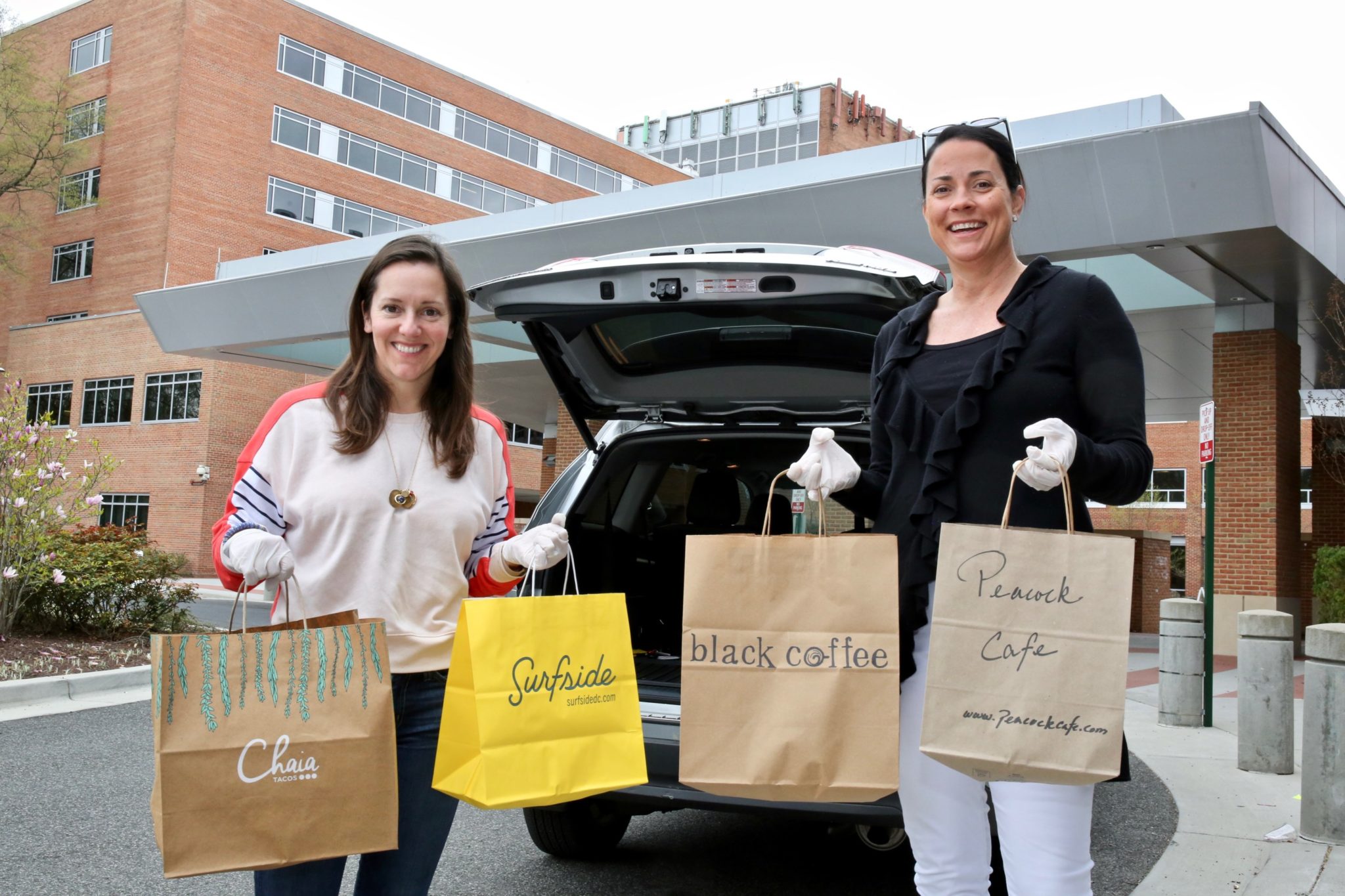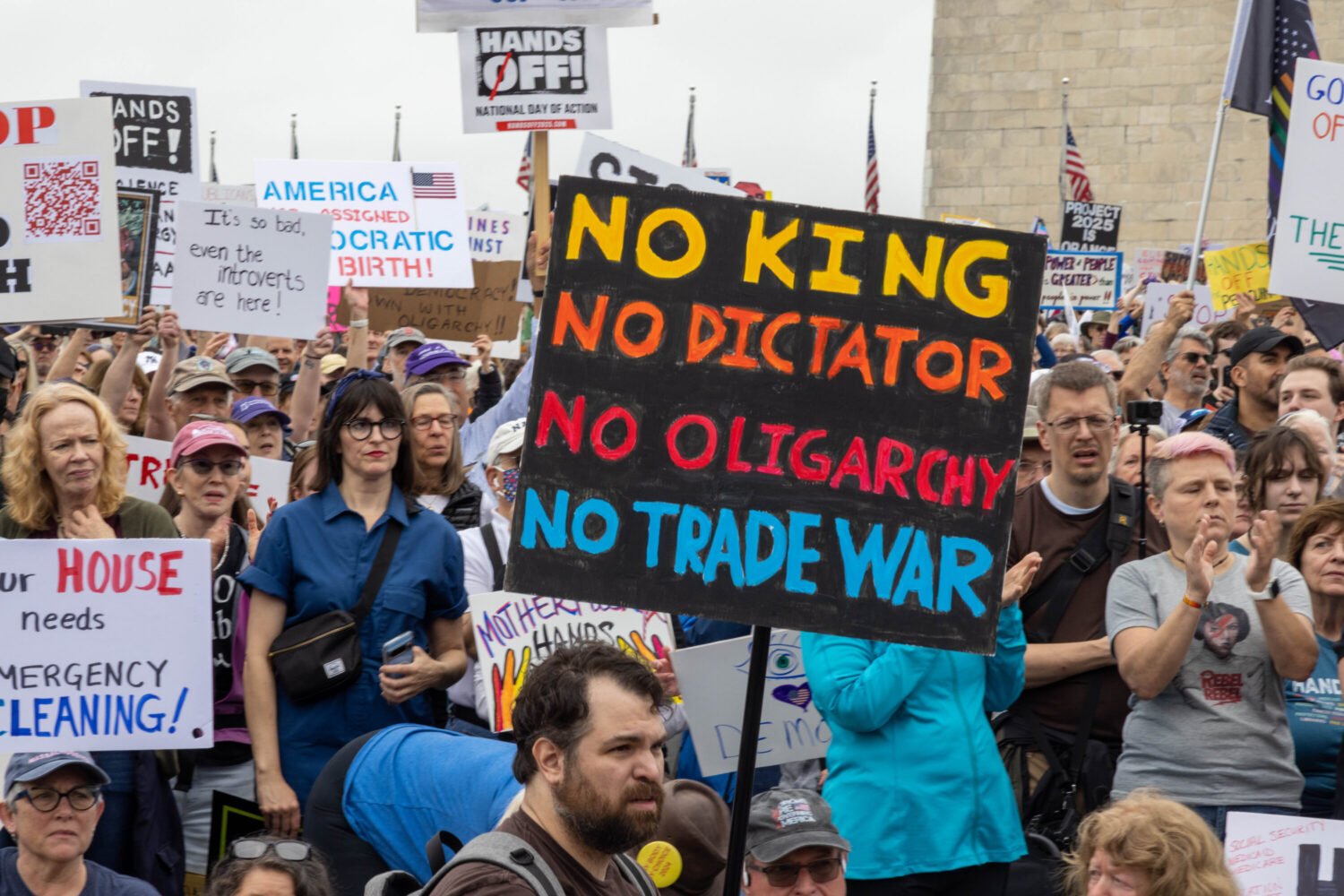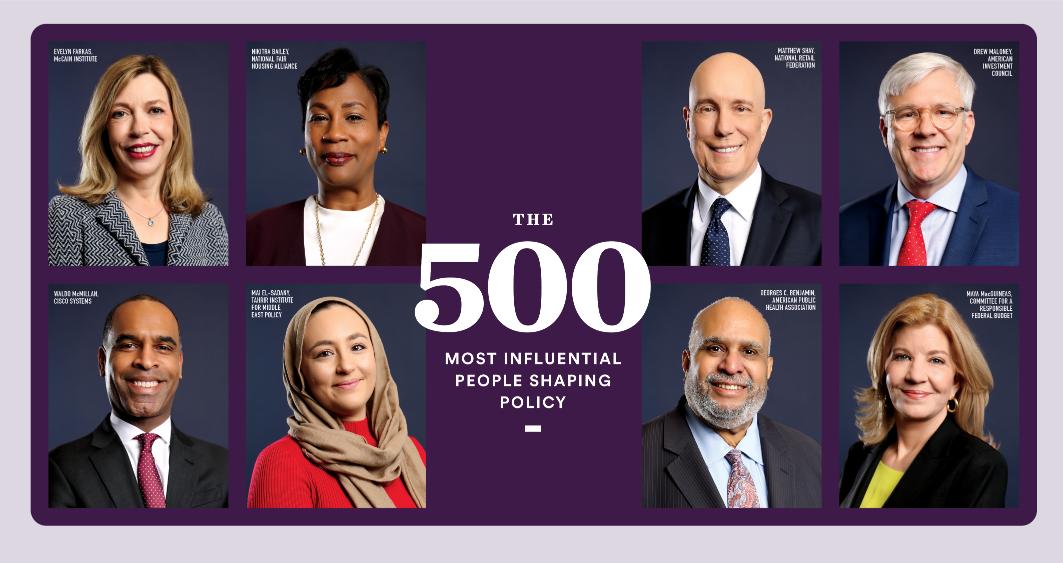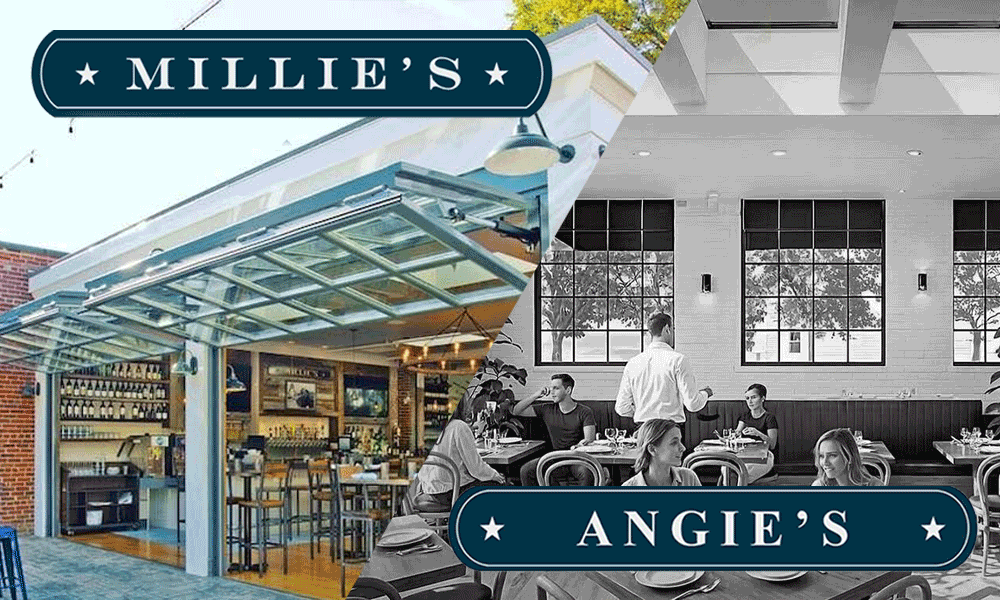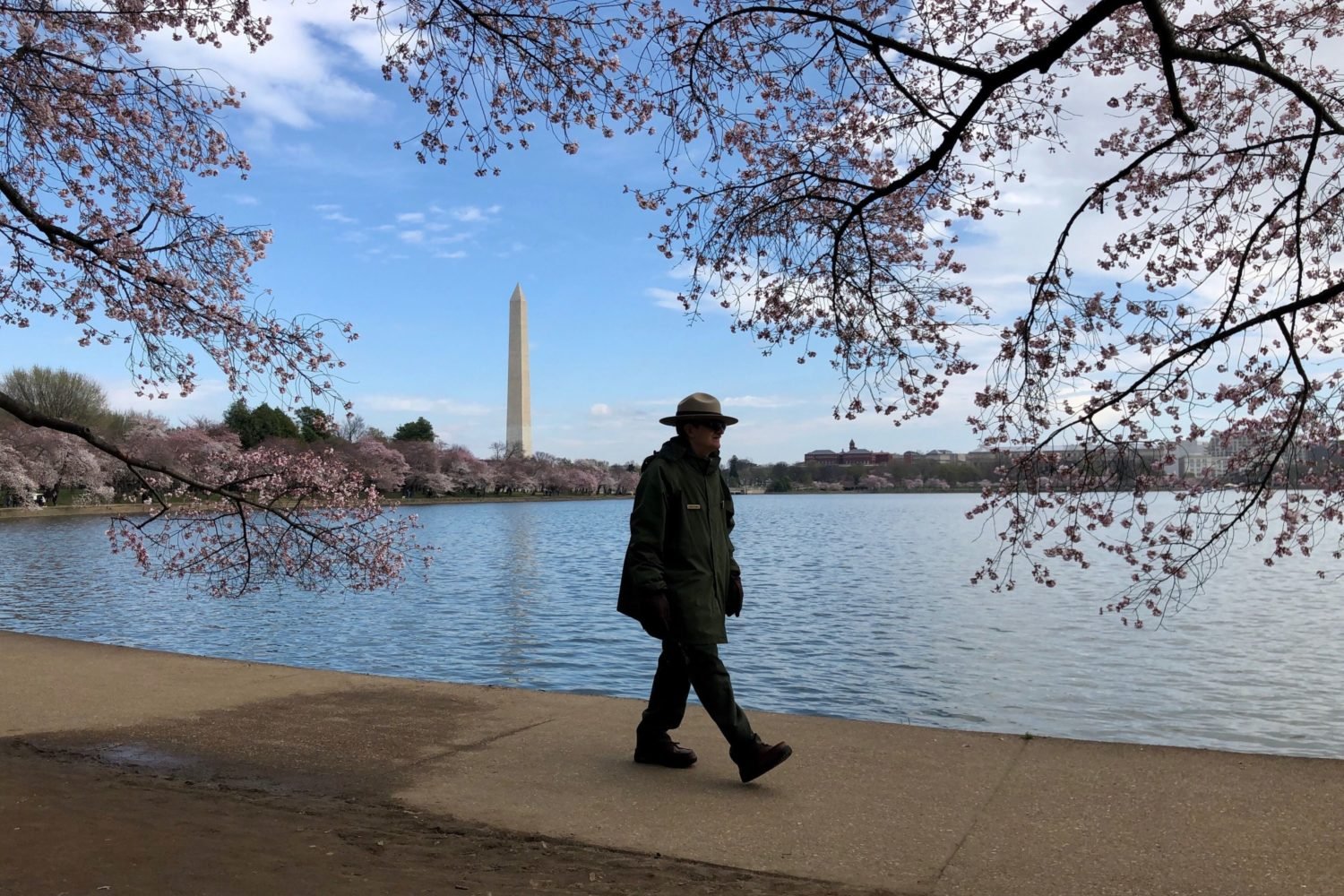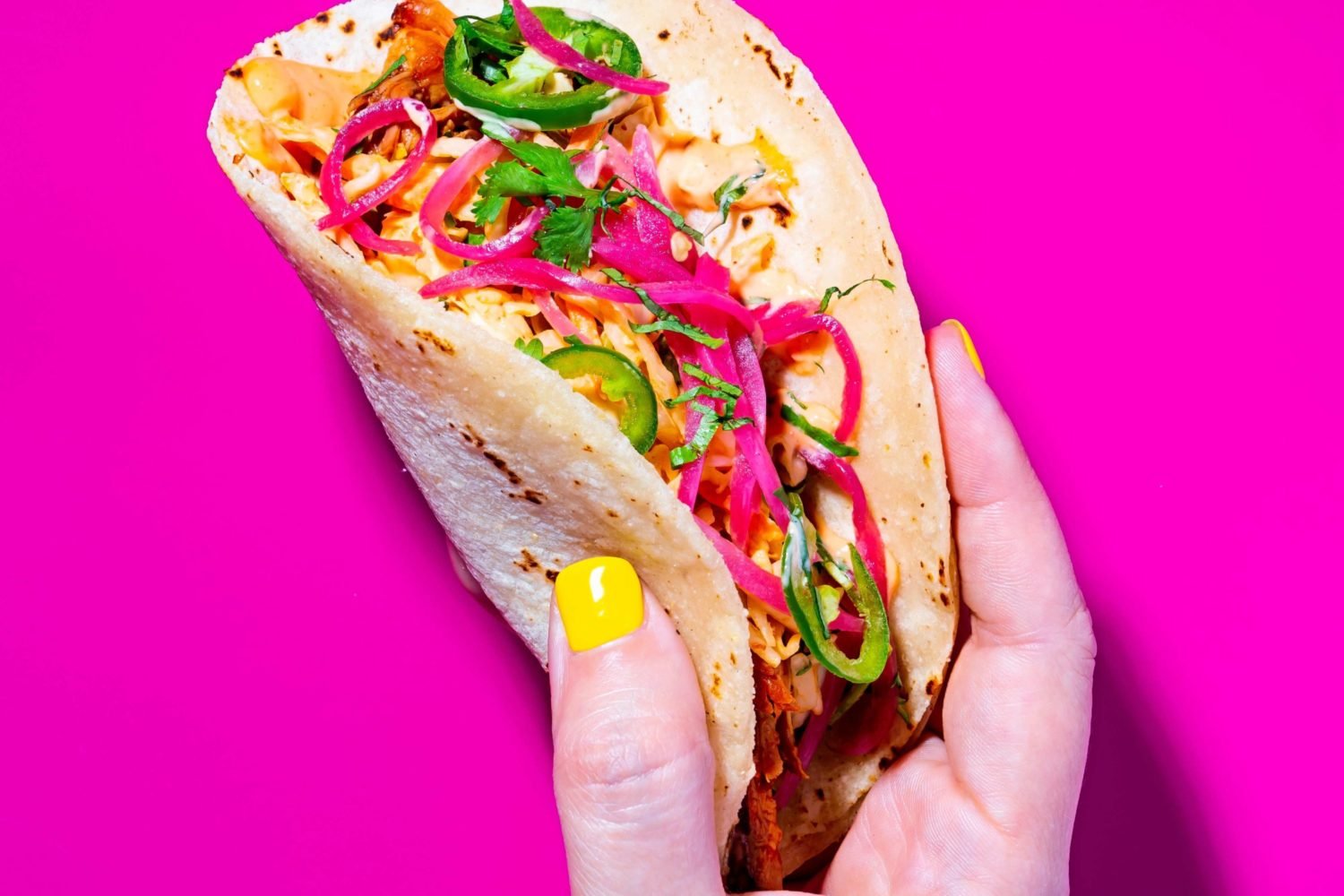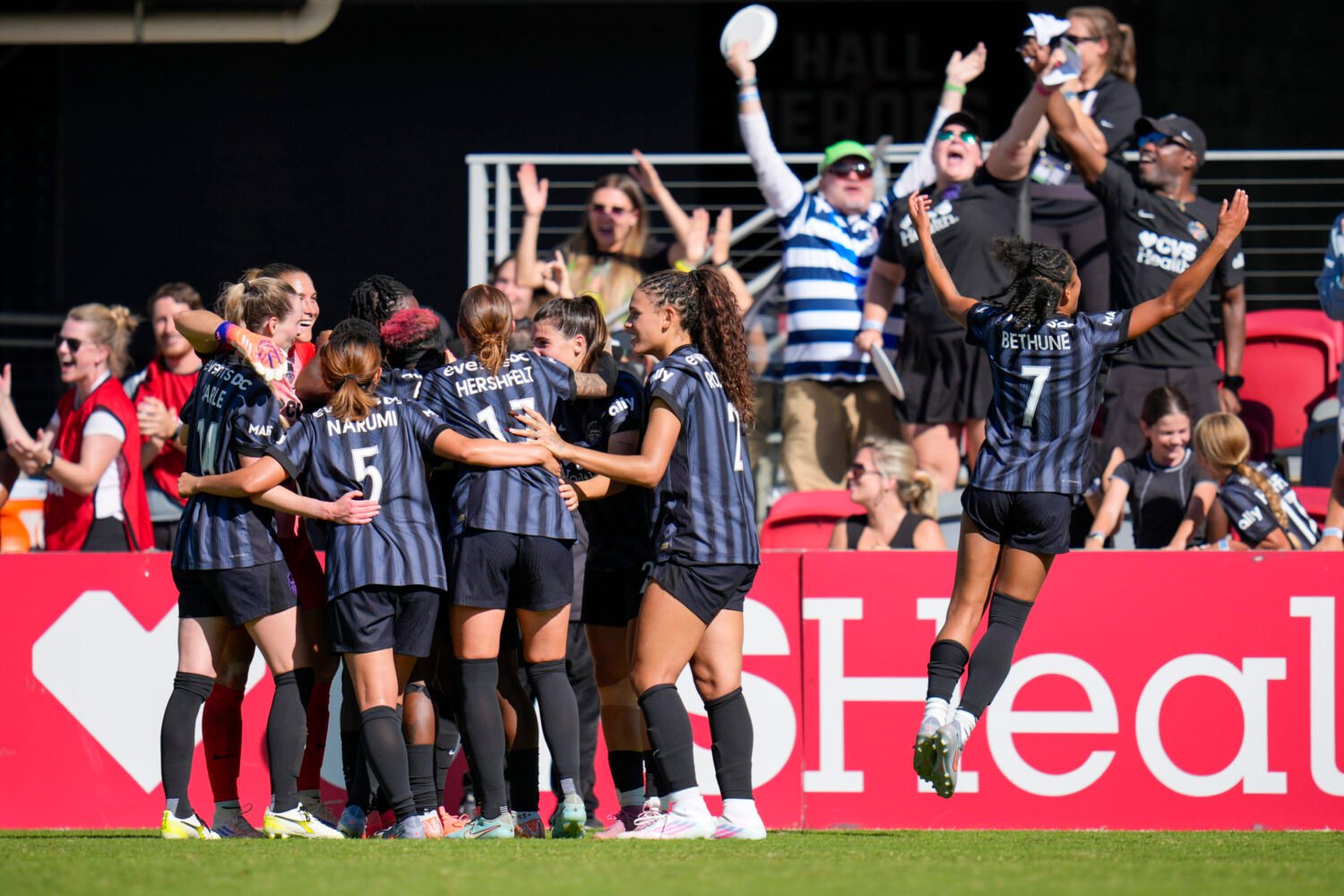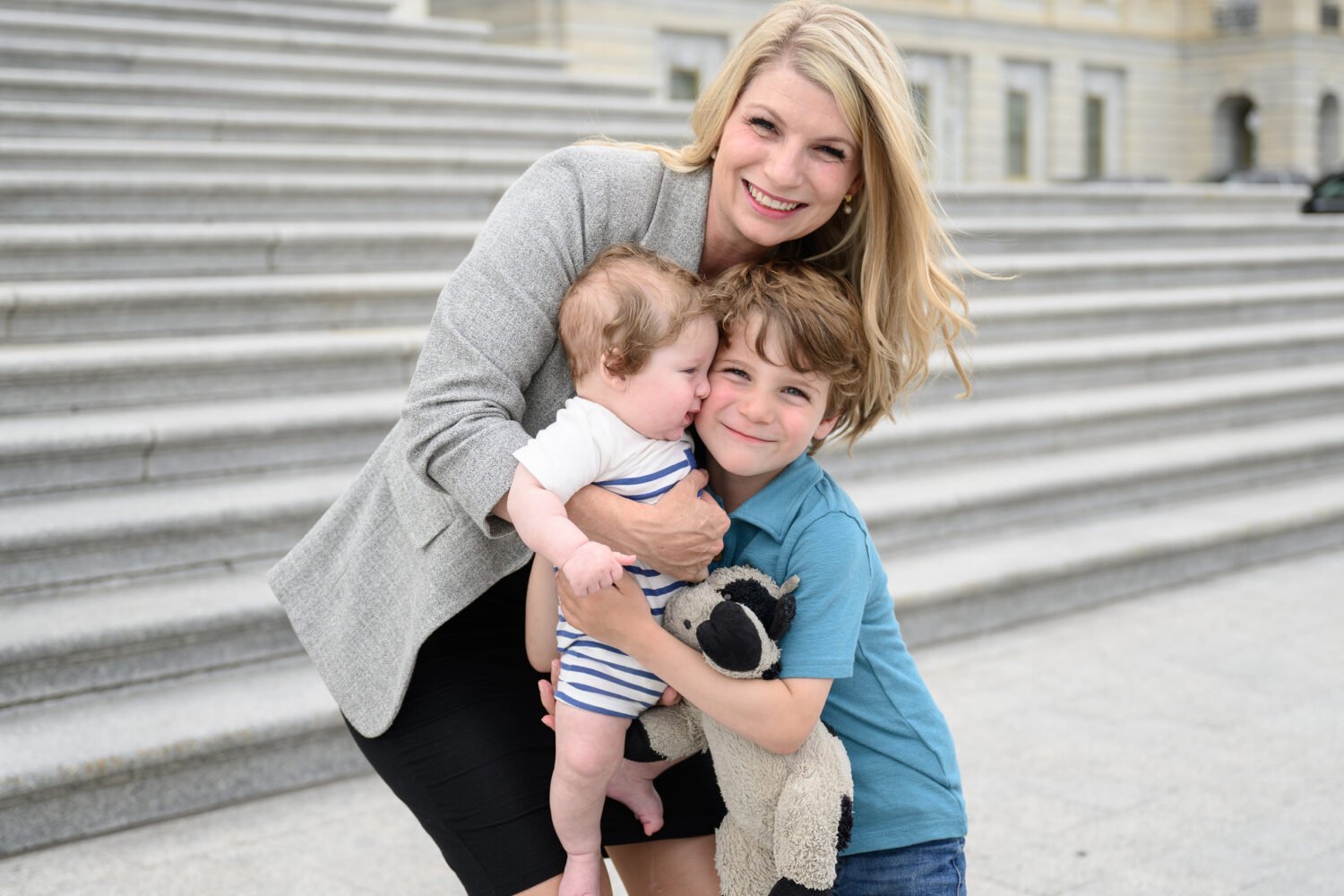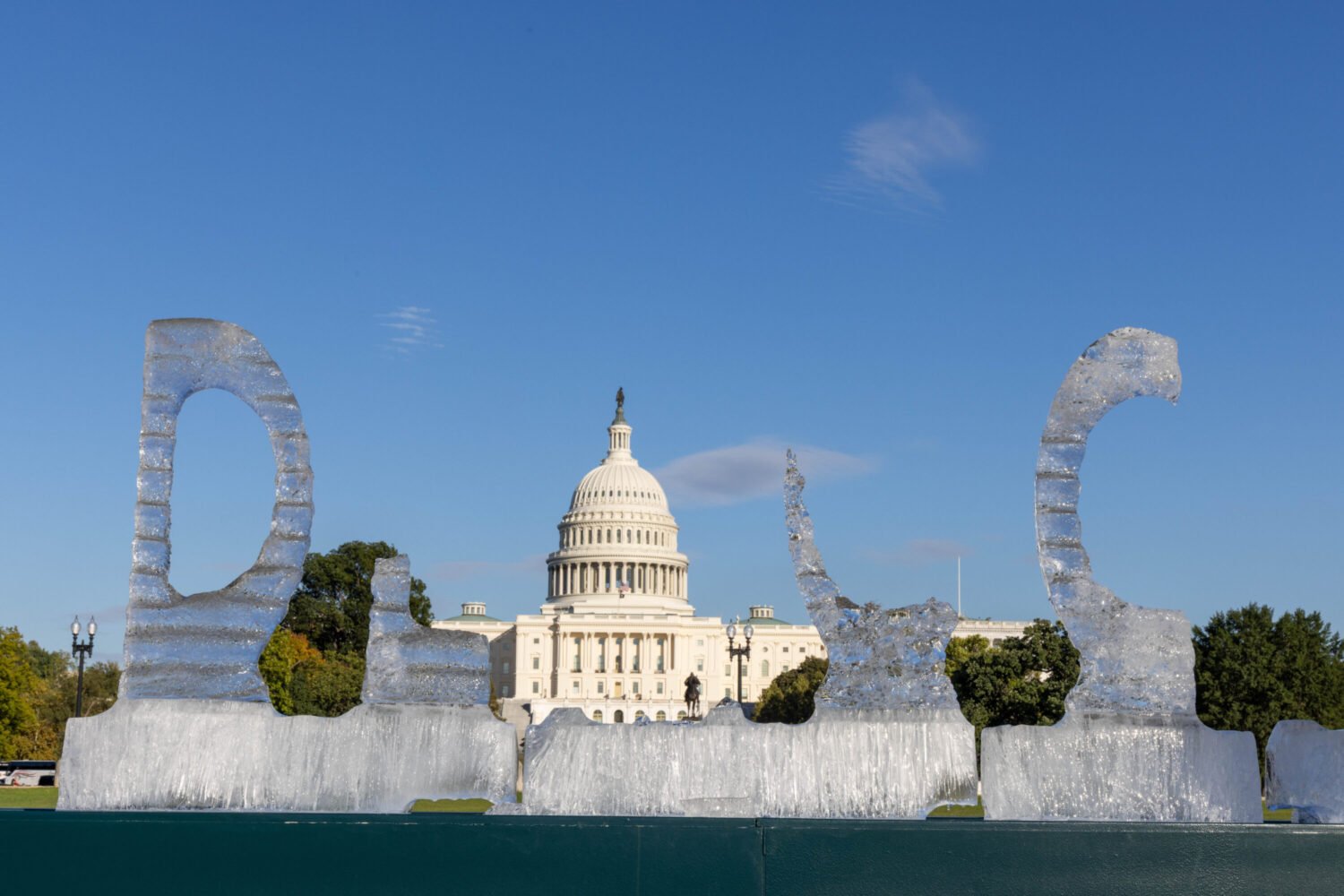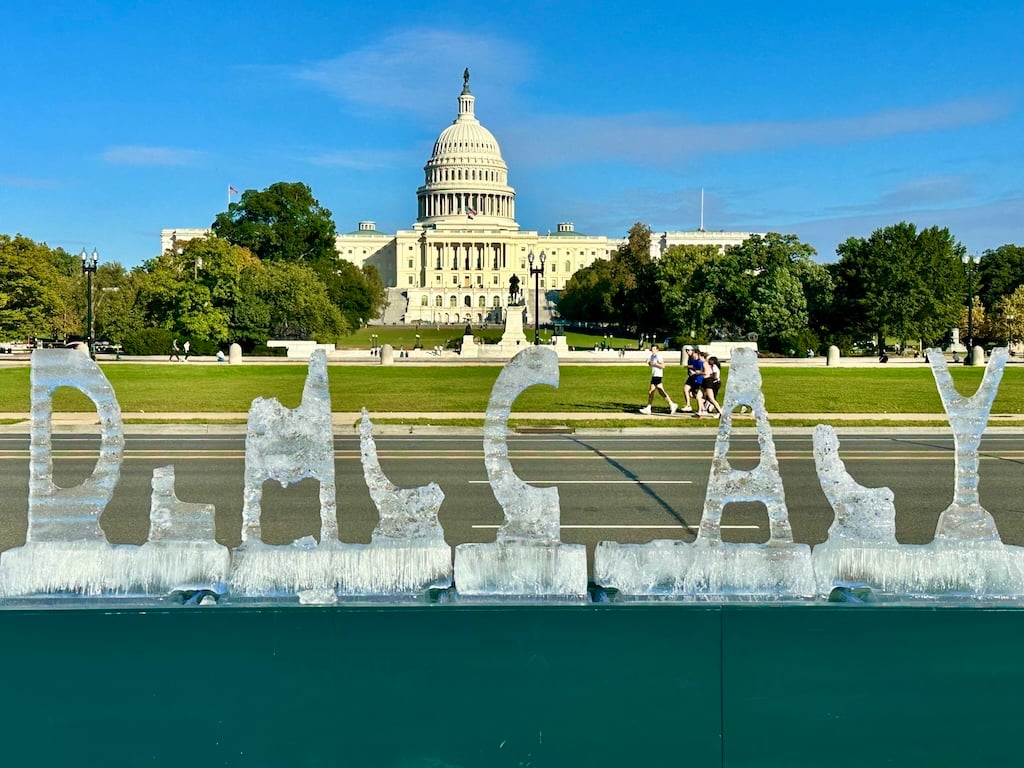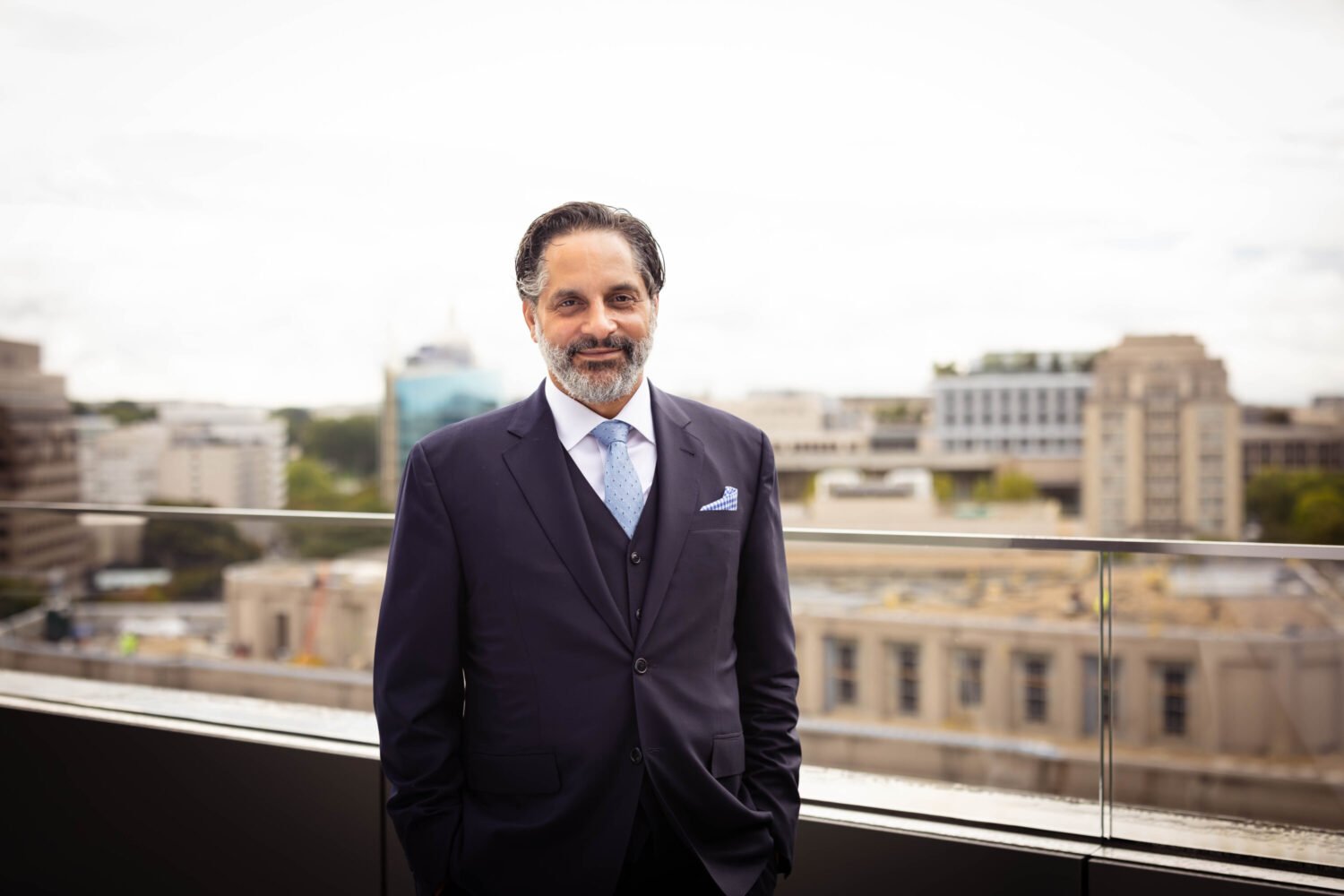About Coronavirus 2020
Washingtonian is keeping you up to date on the coronavirus around DC.
Elena Tompkins was more than busy when the coronavirus crisis hit—she’s a lobbyist for health-care companies and insurers. But one night she lay awake, restless and wondering how she could drum up business for a couple of restaurant-owner friends: “Literally, at 3 am, I was like, ‘Hospitals!’ ”
The next morning, she e-mailed about 20 contacts, her friend Sarah Cannova among them, asking who wanted to go in on ordering lunch from Millie’s for nurses at Sibley. Tompkins pooled enough money for 30 meals. The day after that, another e-mail blast raised cash for 85. Soon her Venmo account was blowing up with donations from total strangers, too.
Tompkins launched Feed the Fight and brought on Cannova—former owner of Sassanova boutiques—to head up advance planning and help manage orders with restaurants including Jetties, Chaia, Chef Geoff’s, and Cactus Cantina. They amassed a network of volunteer drivers, ranging from college kids to restaurateurs, to get the food to more than 6,000 nurses and medical staff at hospitals across the region. By April, Feed the Fight had raised money from more than 800 individual donors, supported 20 local businesses, and expanded its efforts to fire-and-rescue personnel.
Though Tompkins says the organization is now “in a groove,” it’s been a challenge to juggle the operation with her lobbying job. After a short TV piece about her aired, “my clients were like, ‘Oh, wow, when did you find time to do that?’ ” she says, laughing. “Yeah, it’s been a little nutty trying to balance. But not having to physically go to the office or to the Hill saves a lot of time.”
And the extra hours are more than worth it. The women say the hospital staffers are often stunned with joy to see bags of lunch arrive, while the restaurants are seeing more than a boost to their bottom line. “The feedback we’re getting from the restaurant workers,” says Tompkins, “is that it means a lot, knowing they have a purpose.”

